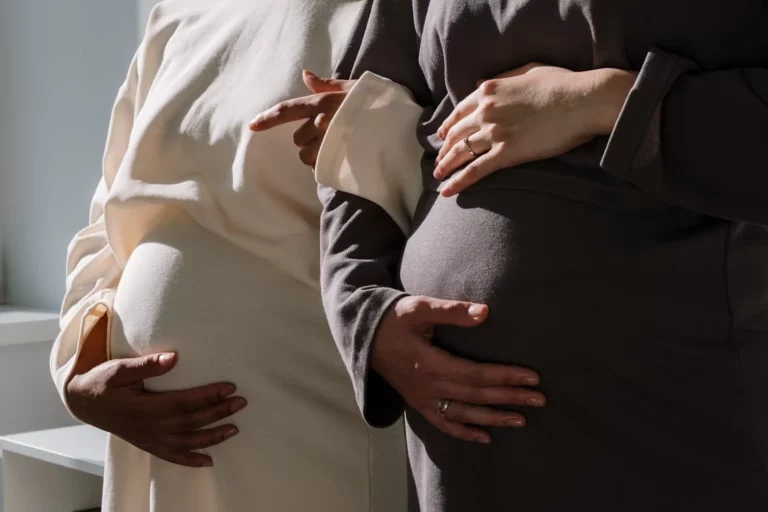In a move aimed at protecting the health and well-being of surrogate mothers, the Kenyan government is considering legislation that would limit the number of times a woman can serve as a surrogate.
The proposed amendments to the Assisted Reproductive Technology Bill 2022, introduced by Suba North MP Millie Odhiambo, would restrict women to a maximum of three surrogacy agreements throughout their lifetime.
Furthermore, the bill mandates a two-year waiting period between births for surrogate mothers, allowing them sufficient time to recover physically and emotionally.
“A surrogate mother shall not enter into a surrogacy agreement more than three times in her lifetime and shall be required to wait for two years between each birth to be eligible for another surrogacy agreement,” reads part of the proposed bill.
Surrogate mothers are women who voluntarily carry a pregnancy for another person or couple.
These measures are intended to prevent exploitation and ensure the long-term health of women who choose to become surrogates.
The proposed amendments to the Assisted Reproductive Technology Bill aim to regulate surrogacy and gamete donation in Kenya.
Key provisions include:
Surrogacy
- Limit on Surrogacy: A surrogate mother can enter into a maximum of three surrogacy agreements in her lifetime, with a mandatory two-year gap between each birth.
- Parental Rights and Responsibilities: The intended parents will assume full legal and financial responsibility for the child born through surrogacy.
- Surrogate Mother’s Rights: Surrogate mothers will be entitled to maternity leave and financial compensation for medical expenses, loss of income, and other related costs.
Gamete Donation
- Donor Eligibility: Only individuals aged 21-35 will be eligible to donate gametes or embryos.
- Donor Limit: A person cannot donate gametes or embryos more than ten times in their lifetime.
- Genetic Screening: Donors must undergo pre-implantation genetic diagnosis to screen for genetic diseases.
“No person shall obtain a sperm or ovum from a donor under eighteen years of age, or use any sperm or ovum obtained from a donor under eighteen years of age except for the future human procreation by the minor and with the consent of the parent or legal guardian of the minor.”
“A person shall not perform a treatment procedure using gametes or an embryo produced by a donor if such procedure may result in more than ten children who are genetic siblings,” reads the amendments.
Parenthood: How Fertility Treatment Works and Who is Eligible
Other Provisions
- Child Welfare: The bill emphasizes the well-being of children born through assisted reproductive technology, prohibiting abandonment or discrimination based on genetic traits or medical conditions.
“A child born out of assisted reproductive technology under this Act shall have the same legal rights under the Constitution or any other written law as that of a child born through sexual intercourse,” the bill states.
- Regulatory Framework: The Cabinet Secretary will be empowered to make regulations governing various aspects of surrogacy, including financial compensation and medical procedures.
These proposed amendments aim to balance the interests of intended parents, surrogate mothers, and the children born through assisted reproductive technology.
By establishing clear guidelines and regulations, the bill seeks to ensure ethical and responsible practices in this field.




